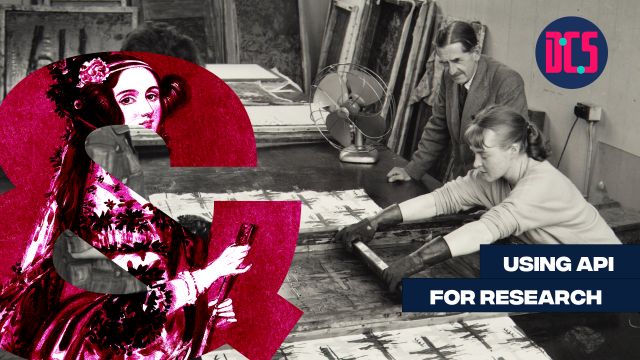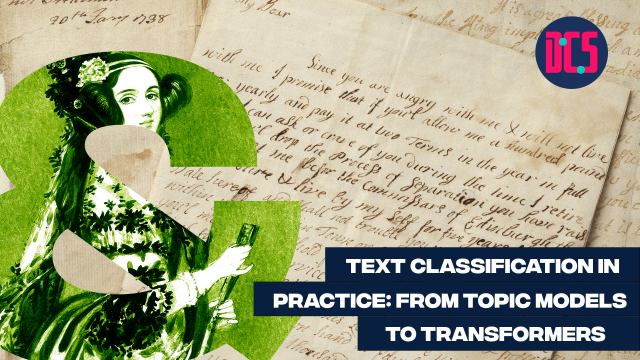The Invisible Effects of Social Media
When we think about social media, we may think about those posts by our friends showing off what a wonderful holiday they are having, embarrassing pics posted of drunken office party, politically charged comments or scathing guest reviews of restaurants. This talk explores a series of studies conducted to understand the invisible processes that shape these online actions and provides evidence that the effects are now felt in our ‘offline’ behaviours. In other words, does social media have a chilling or a warming effect on our lives in reality? Are we making ourselves prisoners or more productive?
Ben Marder is a Senior Lecturer in Marketing at the University of Edinburgh's Business School. Ben's research interests surround social and commercial consumer behaviour linked to the use of digital technologies, namely social media.
Ben's paper on the 'Chilling Effect' of social media became the most read paper in the world for a period in 2017. He was nominated for the University of Edinburgh's 'Rising Star' prize in 2016, and received the Elsevier Outstanding Article 2018 award for an article published in Industrial Marketing Management.
Digital Scholarship Centre
Digital Scholarship Centre, 6th floor
Main Library
University of Edinburgh
Edinburgh EH8 9LJ












